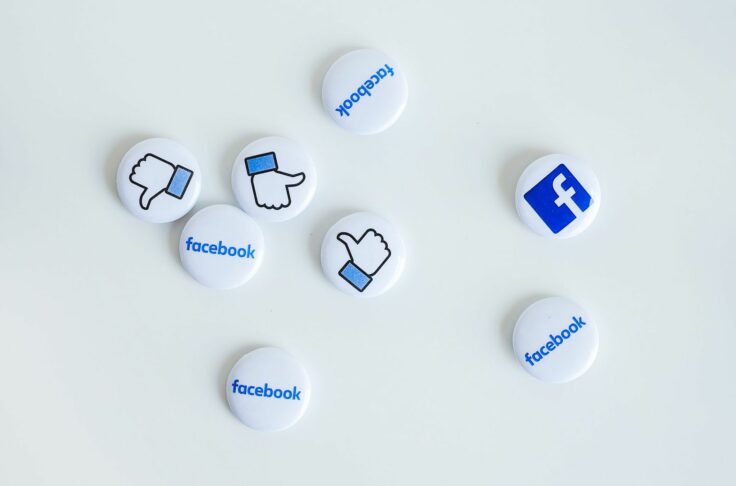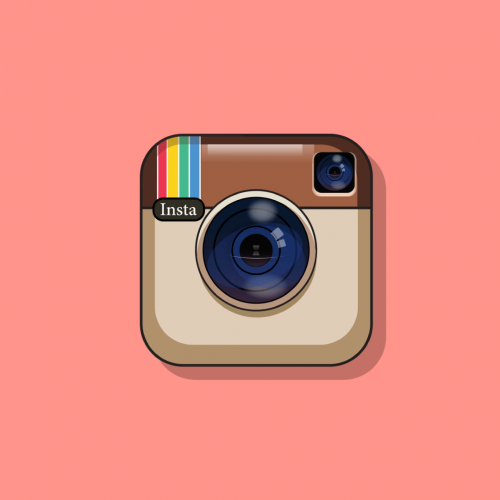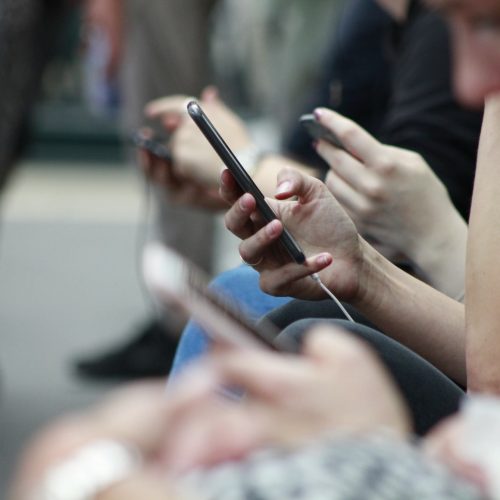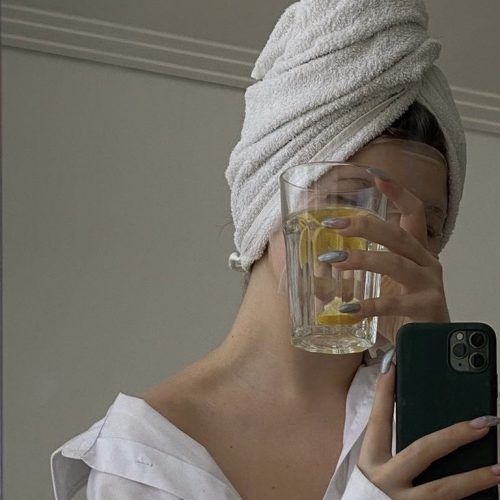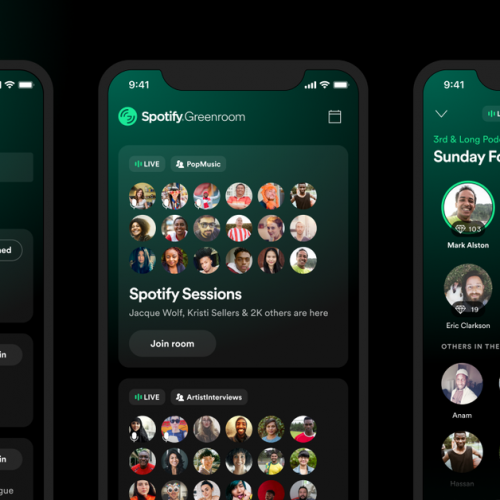In the wake of Netflix’s The Social Dilemma, we’re all taking heed of the time we’re spending scrolling through our Facebook, TikTok, Twitter, and Instagram feeds. With the ample research supporting social media’s adverse effects on mental health, doubling down on shortening our screen time is a good step forward.
But with the apps deeply embedded in billions of people’s lives at this point, who holds the responsibility of thwarting the world’s growing mental issues? When it comes to mental health, Facebook has listened to its critics, and is finally taking steps to make things better.
The social media giant just announced a new ‘Emotional Health’ portal, a centralized resource centre that connects Facebook users with advice and information from leading mental health experts. Great news for at risk youth who don’t have the right support system or an open line of communication with family members. The portal will be rolled out globally, and will even include locally-sourced information for its users.
The move comes as COVID-19 sent shockwaves across the world, raising concerns over its heavy impact on people’s mental health. The platform also partnered up with The Aspen Institute to create ‘The Loneliness Project’ and initiative to conduct further research on the intersection of loneliness, social connection and technology.
According to their first round of research, “ a study featuring three large surveys of adolescents in two countries (the U.S. and UK) found that light users of digital media (use of smartphones, computers, social media, gaming, and Internet for less than one hour per day) reported substantially higher psychological well-being (e.g., happiness) than heavy users (more than 5 hours per day). In another study, data from the UK Millennium Cohort suggests that greater social media use correlates with higher depressive symptoms for girls than boys.”
More information on https://about.fb.com/news/2020/10/connecting-people-to-mental-health-resources/





